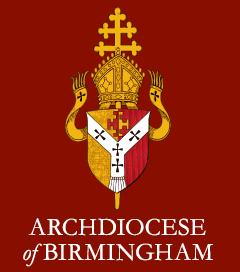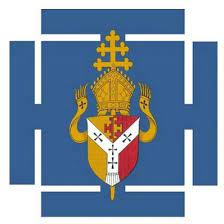British Values
British Values in the Early Years (Nursery and Reception)
The fundamental British values are:
- Democracy
- Rule of law
- Individual liberty
- Mutual respect and tolerance for those with different faiths.
These values are reflected in ‘Development Matters’ which is the Early Years Foundation Stage Curriculum in the Personal, Social and Emotional Development and Understanding the World sections.
Democracy; making decisions together
There is a focus within Personal, Social and Emotional Development on self-confidence and self-awareness. Children are therefore actively encouraged to participate in the decision making process:
- We encourage children to see their role in the bigger picture by encouraging children to know their views count, by valuing each other’s views and values and by talking about their feelings, for example when they do or do not need help. When appropriate we demonstrate democracy in action, for example, children sharing views on what the theme of their role play area could be with a show of hands.
- We support the decisions that children make and provide activities that involve turn taking, sharing and collaboration. Children are given opportunities to develop enquiring minds in an atmosphere where questions are valued.
Rule of Law; understanding rules matter
Also in the Personal, Social and Emotional area of our curriculum there is emphasis on managing feelings and behaviour:
- We, therefore, ensure children understand their own and others’ behaviour and its consequences, and learn to distinguish right from wrong. Children are given choices and consequences.
- We collaborate with children to create rules and the codes of behaviour, for example, to agree the rules about tidying up and ensure that all children understand that rules apply to everyone.
Individual liberty; freedom for all
Individual liberty spans two areas of ‘Development Matters’ that of self-confidence & self-awareness in Personal, Social and Emotional Development and in comprehending people & communities in the Understanding the World sections:
- We therefore encourage children to develop a positive sense of themselves. We provide opportunities for children to develop their self-knowledge, self-esteem and increase their confidence in their own abilities, for example through allowing children to take risks in den building, mixing colours and talking about their experiences and learning.
- We encourage a range of experiences that allow children to explore the language of feelings and responsibility, to reflect on their differences and understand that we are free to have different opinions, for example in a small group discussing how we feel about transferring into Reception Class or year one.
Mutual respect and tolerance: treat others as you want to be treated
Mutual respect and tolerance fall in to the managing feelings & behaviour and making relationships section of Personal, Social and Emotional Development and the people and communities area of Understanding the World:
- We therefore have an ethos of inclusivity and tolerance Foundation where views, faiths, cultures and races are valued and children are engaged with the wider community.
- Children acquire a tolerance and appreciation of and respect for their own and other cultures; know about similarities and differences between themselves and others and among families, faiths, communities, cultures and traditions and share and discuss practices, celebrations and experiences.
- We encourage and explain the importance of tolerant behaviours such as sharing and respecting each other’s opinions.
- We promote diverse attitudes and challenge stereotypes, for example, sharing stories that reflect and value the diversity of children’s experiences and providing resources and activities that challenge gender, cultural and racial stereotyping.
What is not acceptable in our Foundation Unit is:
- The active promotion of intolerance of other faiths, cultures and races.
- The failure to challenge gender stereotypes and to routinely segregate girls and boys.
- The isolation of children from their wider community.
- The failure to challenge behaviours (whether of staff, children or parents) that are not in line with the fundamental British values of democracy, rule of law, individual liberty, mutual respect and tolerance for those with different faiths and beliefs.


